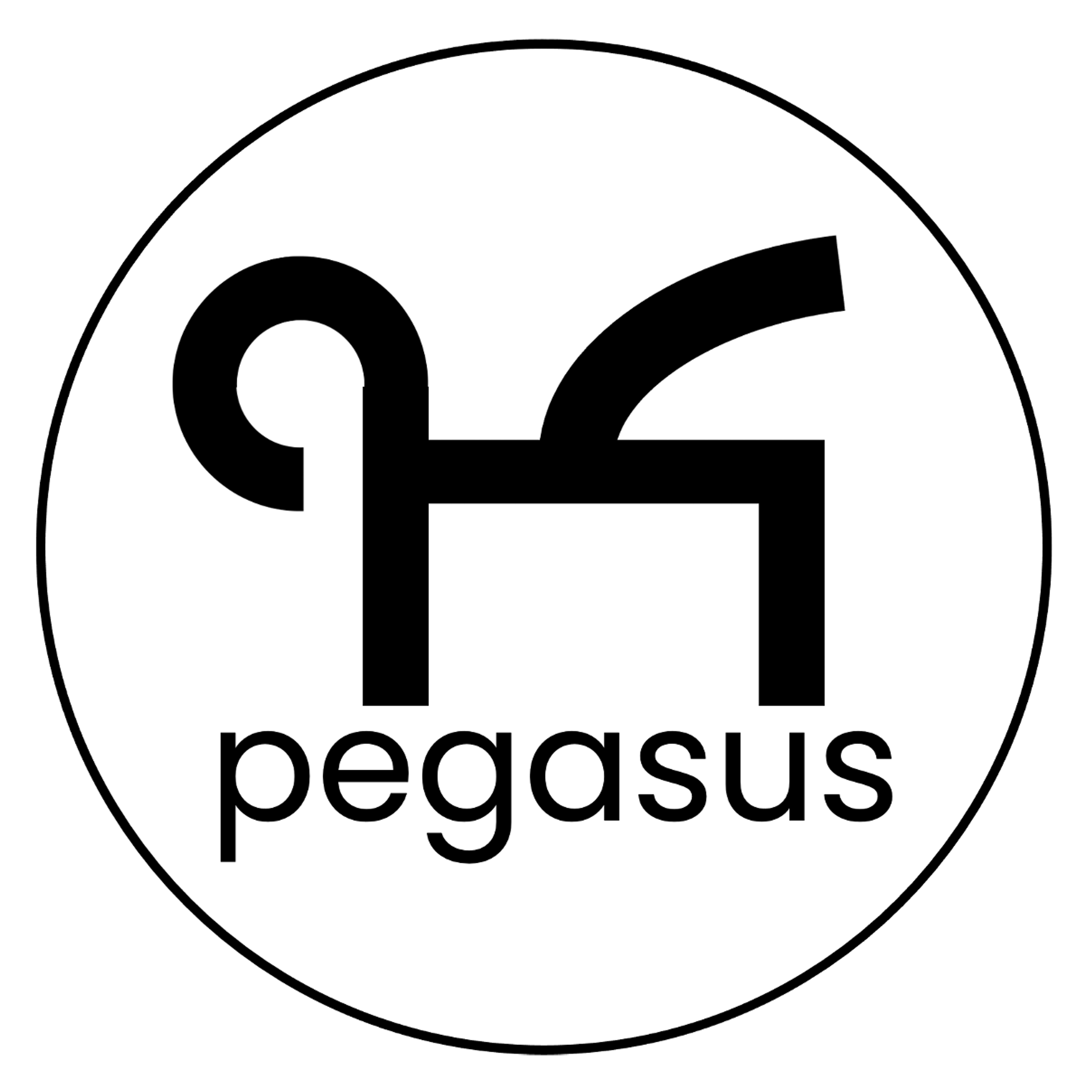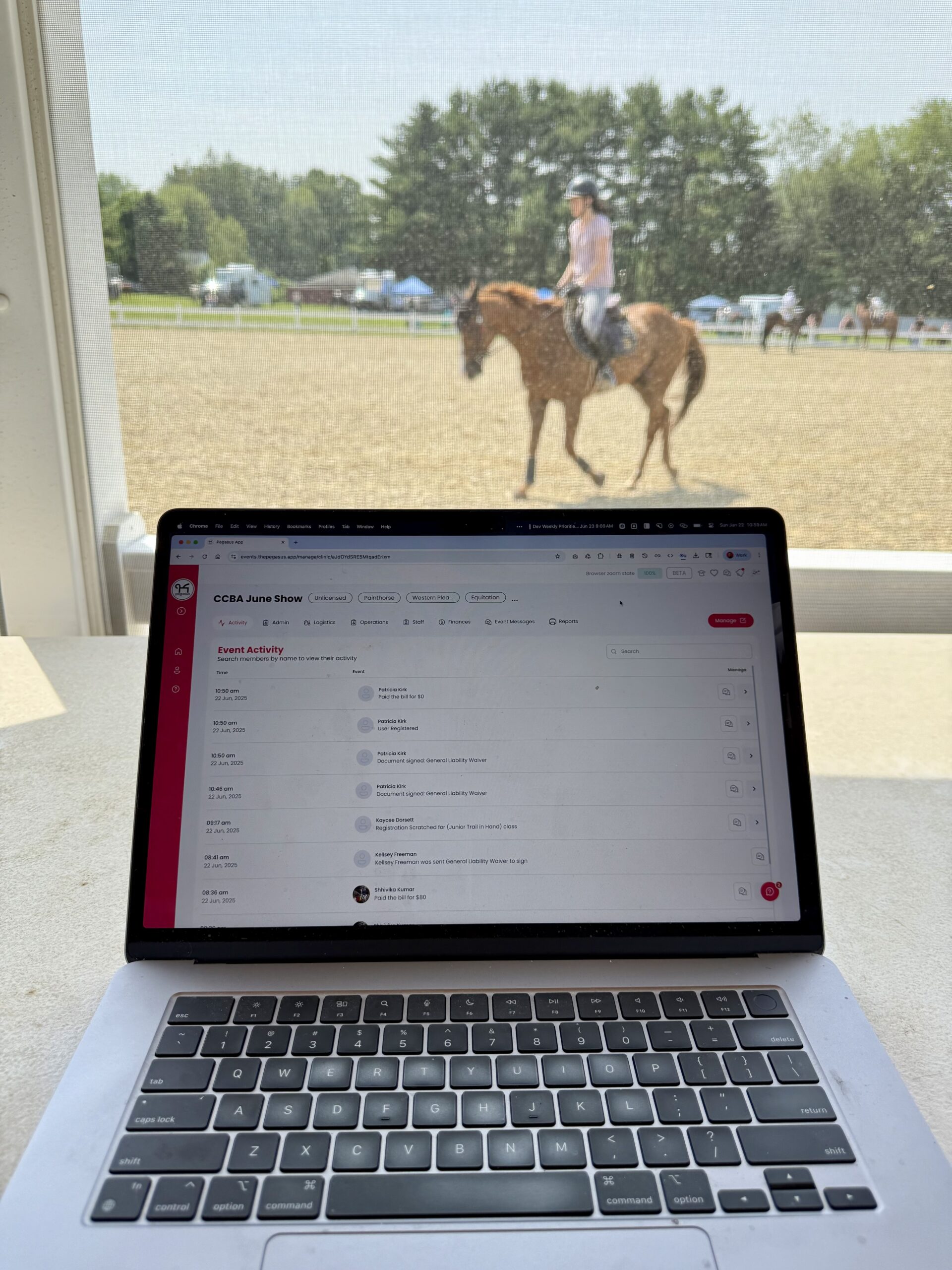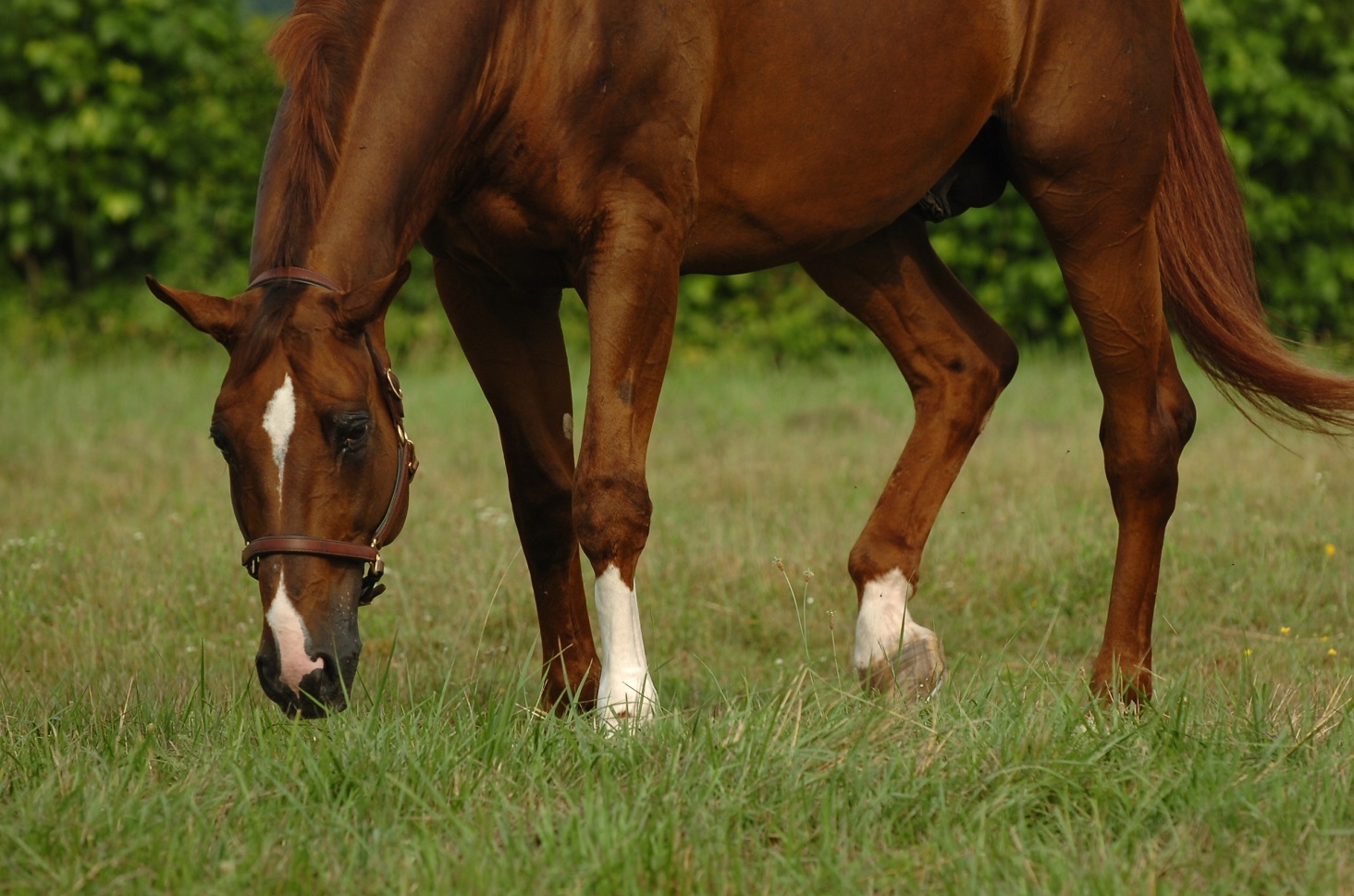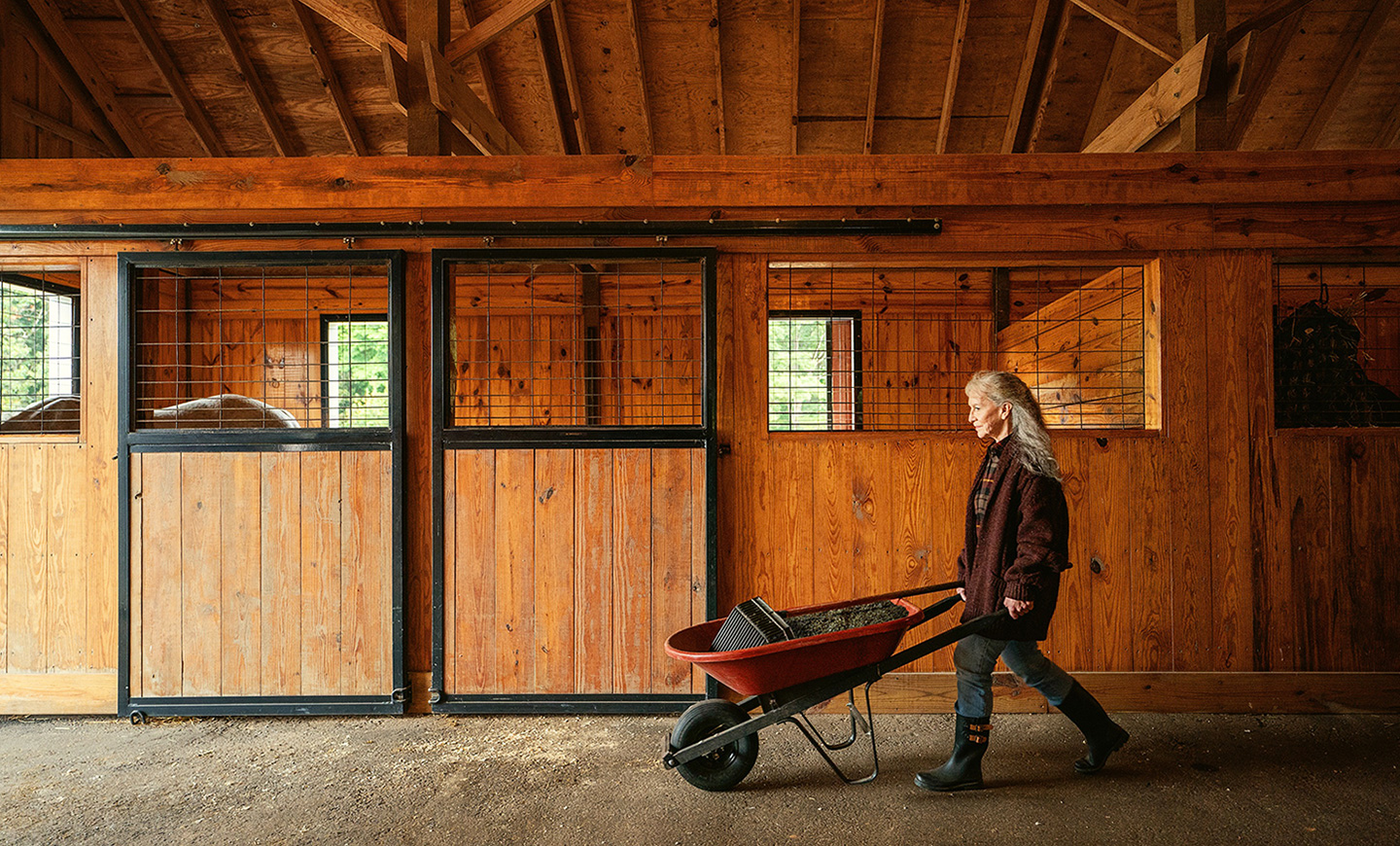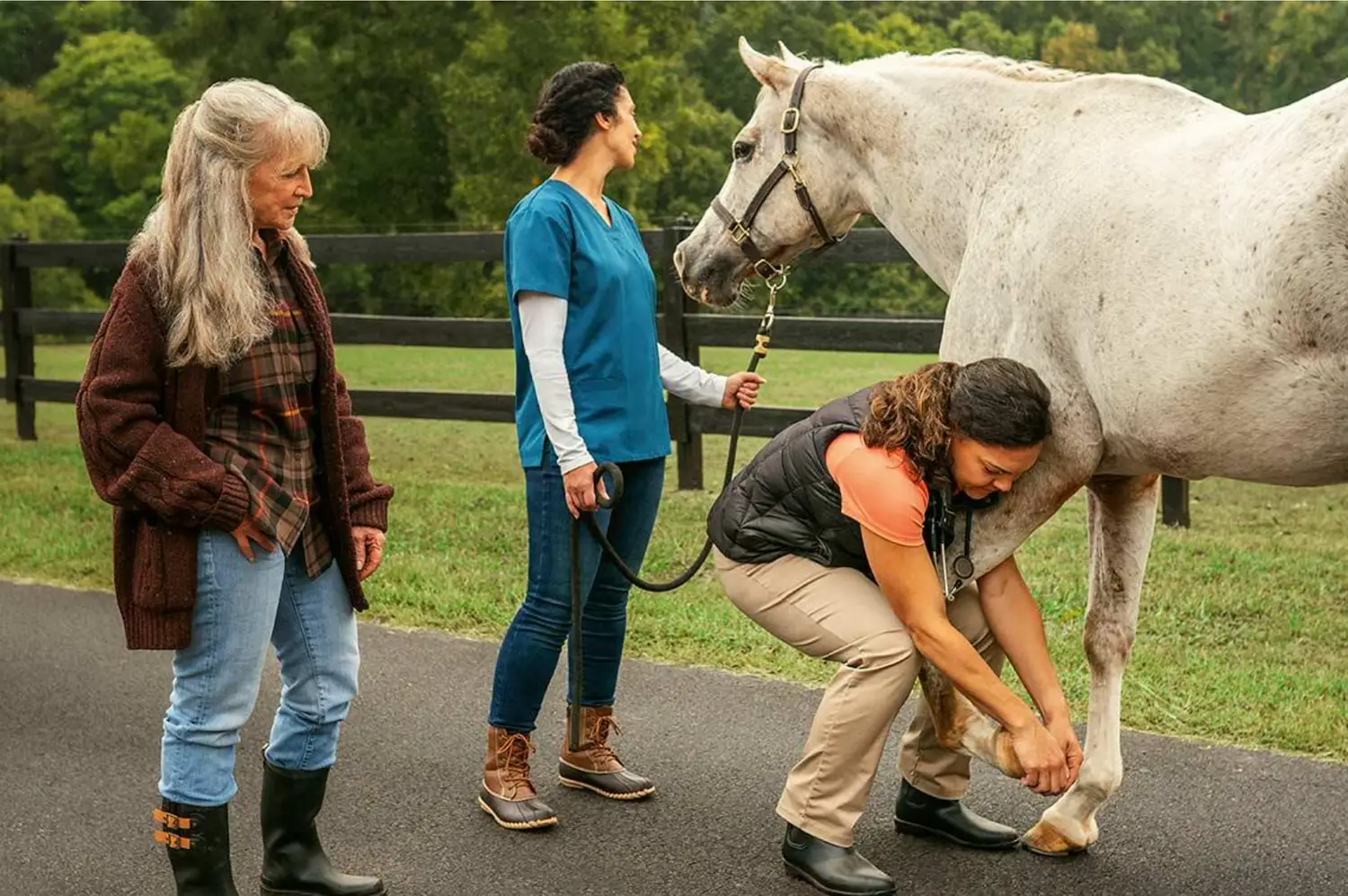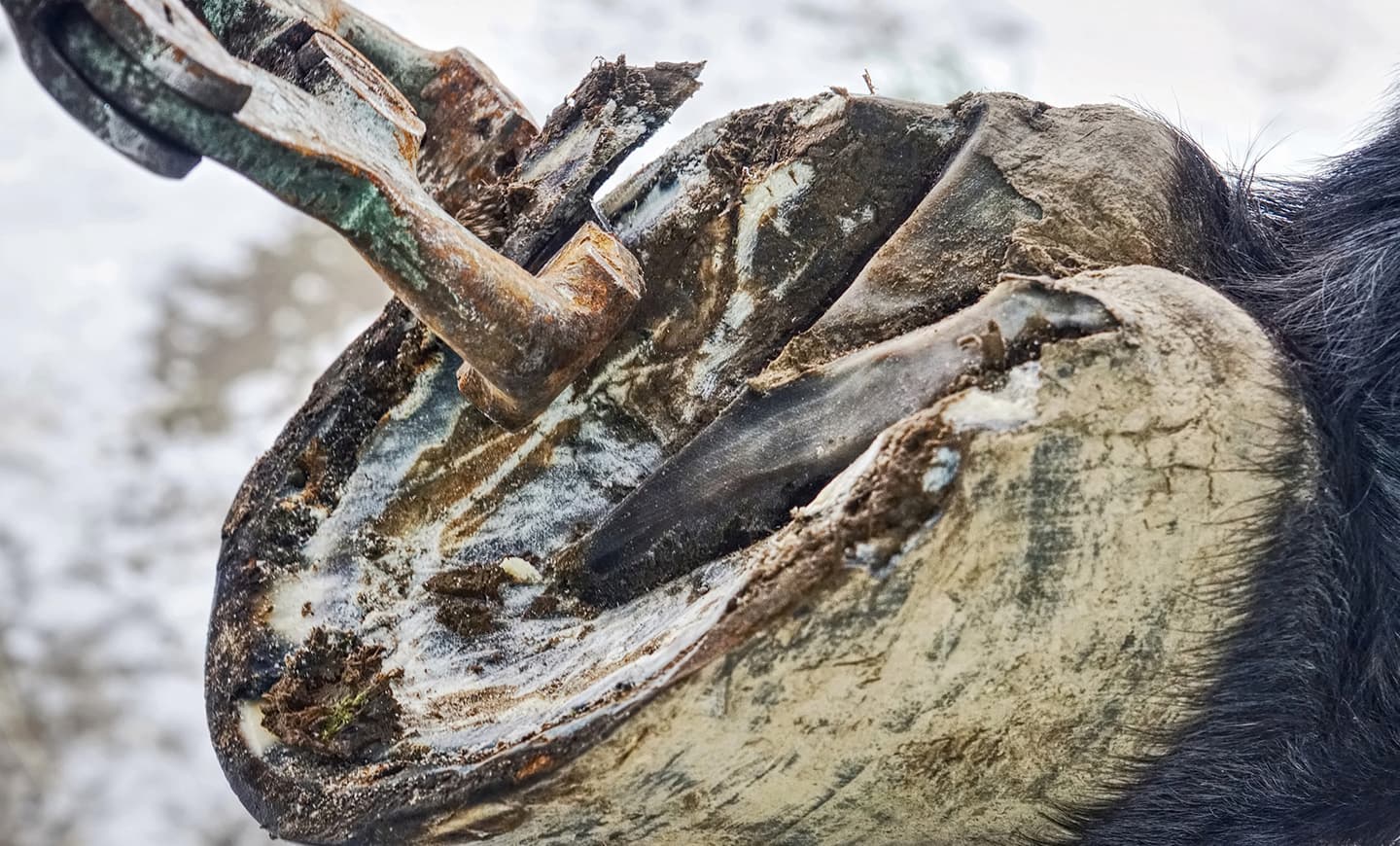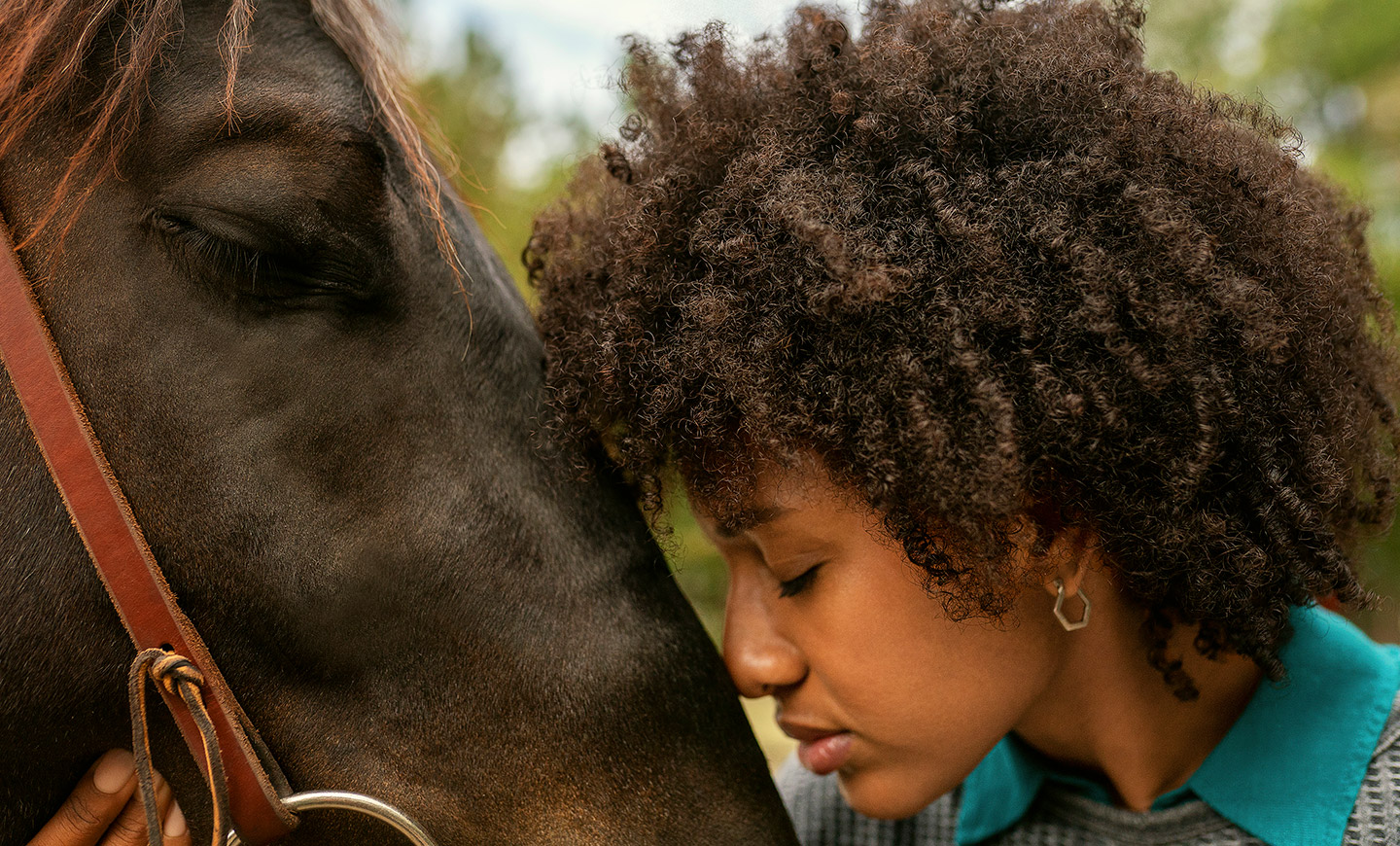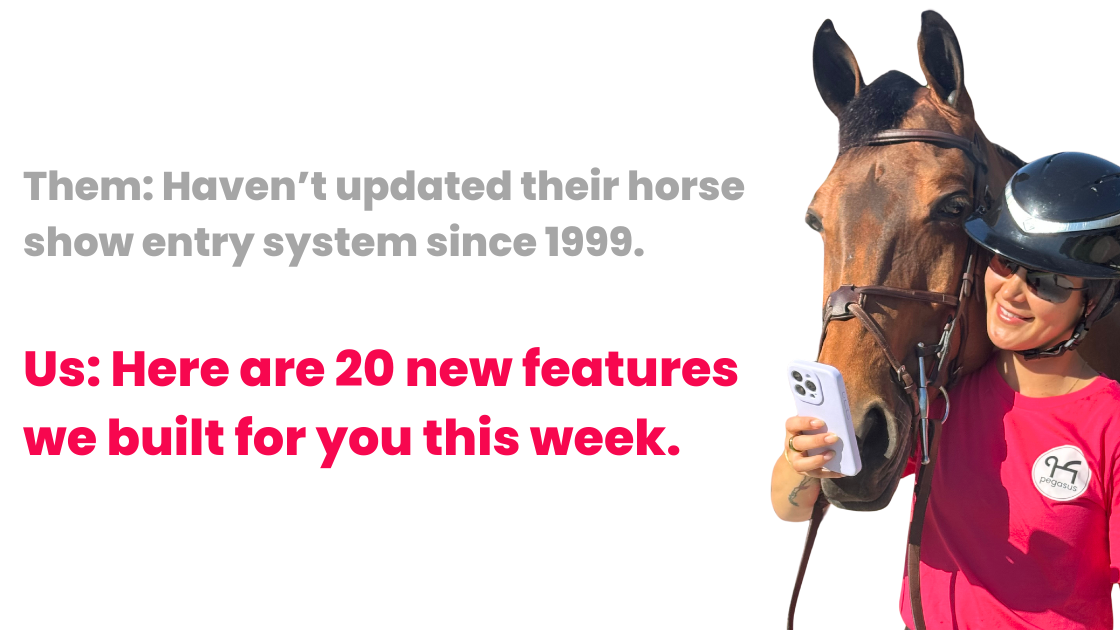Dr. Jacquelin Boggs, Equine Technical Services Veterinarian, Zoetis
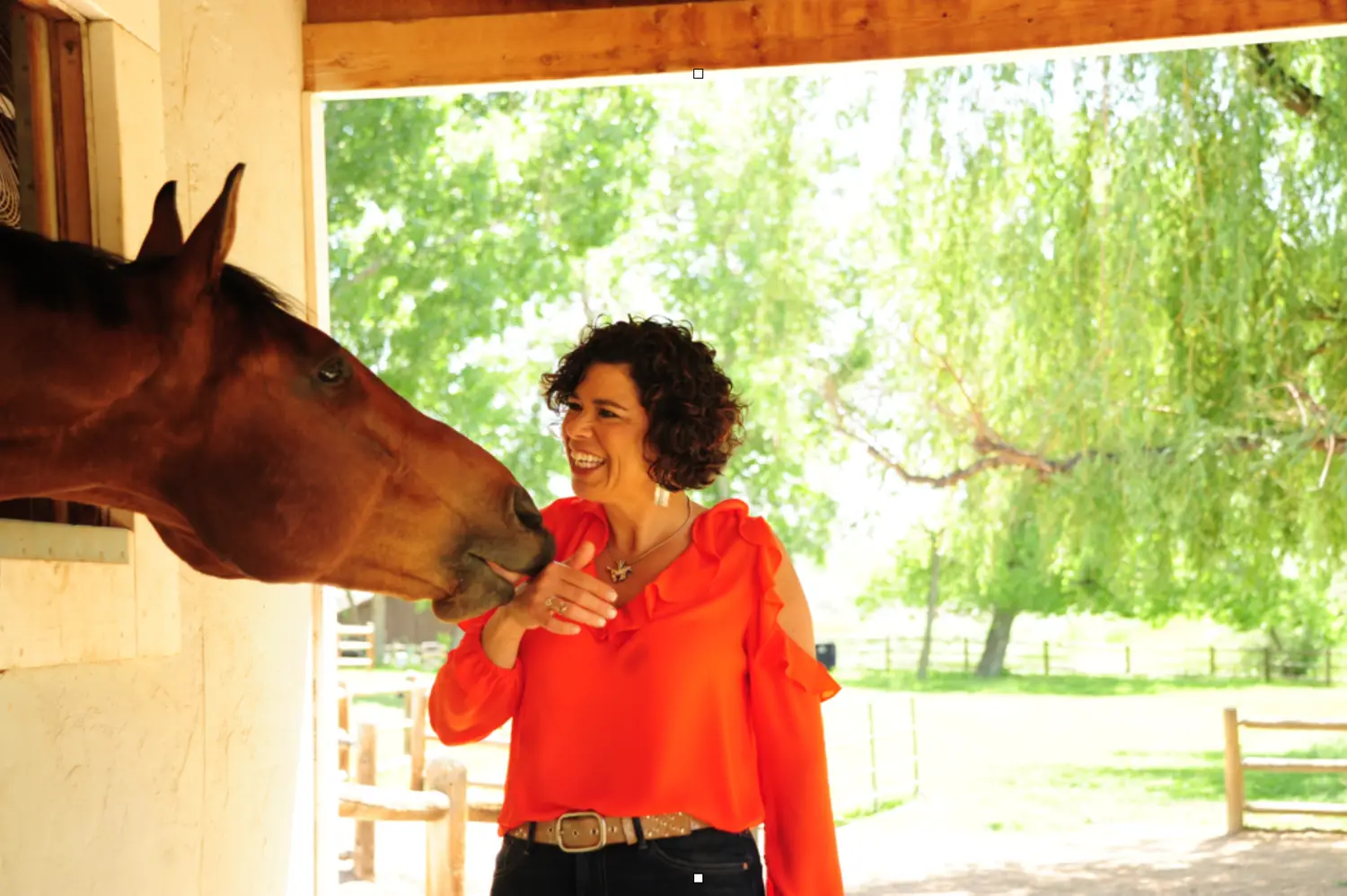
Your veterinarian plays an invaluable role in the lives of the horses you know and love—they possibly even care for your neighbors’ and friends’ horses too! Equine veterinarians are the heroes who travel out to barns in the middle of the night to care for a horse that’s experiencing colic or tend to a complicated birth. Have you ever wondered about the type of career lifestyle large animal vets lead? The equine veterinary practice is no doubt a highly rewarding job, but did you know that it consistently ranks high on the charts for burnout?
I experienced my own form of burnout after serving as an ambulatory veterinarian and a Board-certified Internal Medicine Specialist for about a decade, which launched me into a passionate pursuit of how to support my well-being in order to meet the needs of my equine patients and colleagues too. I’ve worked with incredible clients over the years, horse owners who extended their gratitude in simple yet meaningful ways that really kept me going through the tough seasons. A few of these clients even expressed how they learned about the growing gap in the number of equine vets still practicing, and that they wanted me to truly know how much they valued my time and attention to their horses.
In this article, I unpack some of the stats currently shaping the equine practice industry and how we can collectively partner to support veterinarians in small ways that truly can make a big difference.
Always by your side: navigating burnout in equine veterinary medicine
Frustrated that you sometimes can’t find a veterinarian? Much like the nursing and education professions, equine veterinary medicine grapples with alarming retention challenges. According to data from the American Association of Equine Practitioners (AAEP), only 1.3% of new veterinary graduates choose to enter the equine field each year. Perhaps even more significant, within 5 years of practicing nearly 50% of the equine graduates either transition to small animal practices or leave the profession altogether. The attrition rate is a testament to the weight of the challenges equine vets face day-in-and-out.
Logging many hours driving, responding to calls in the middle of the night, the physically demanding nature of the job and the emotional toll of working through critical cases can lead to exhaustion and mental strain, even compassion fatigue. To support these dedicated professionals, it’s important for everyone in the industry to recognize the urgency of addressing burnout and working toward sustainable solutions.
Pioneering work-life sustainability: the industry’s game plan
In the pursuit of a more sustainable future for equine veterinary medicine, thought leaders have emerged to champion the cause to find solutions. The AAEP formed a Commission on Equine Veterinary Sustainability, aiming to pave a new path for a career that allows more veterinarians to continue their practice while recruiting future practitioners to the field. The commission is one that I’ve been personally devoted to getting involved in—it’s led by member-volunteers with work focused in five key areas: strategies for effective emergency coverage, veterinary practice culture, compensation, internships and supporting the growth and development of equine veterinary students.
Another changemaking organization is led by Dr. Amy Grice, a prominent figure in the field who founded the Decade One initiative, with a focus on empowering early-career equine veterinarians and those seeking further mentorship in a support network. The team at Zoetis acknowledges the challenges faced by equine practices and aligns with various organizations (like Decade One) doing excellent work in this space, including Not One More Vet, the AAEP, as well as regional veterinary clinics and organizations, all of which share the mission of promoting equine veterinary career sustainability.
What horse owners can do: nurturing appreciation for equine veterinarians
Know that emergencies are challenging
Simply understanding that emergencies can be emotionally and physically taxing for veterinarians is more helpful than you may know. Additionally, providing a safe and organized environment for veterinary visits, including lighting and a safe place to work. Handling horses in a calm and cooperative manner, can greatly ease a veterinarian’s workload as well. Also, when it comes to emergencies, recognizing abnormalities in your horse early and calling sooner than later increases positive outcomes, decreases stress for all parties and hopefully will allow intervention when conditions are more ideal (such as not in the middle of the night, if possible).
Recognize expertise and express gratitude
Recognizing a veterinarian’s expertise and expressing gratitude for their dedication can go a long way in boosting their morale. Moreover, horse owners can advocate in the industry for fair compensation and reasonable working hours for veterinarians, since these factors play a pivotal role in preventing burnout. Yes we went into this profession because we love horses, but our professional expertise does come with a cost—for example, trucks, gas, sophisticated diagnostic equipment and continuing education and licensing.
Accept new veterinarians
It’s quite common for horse owners to become attached to their vets. And that is understandable! You’re building a relationship and trust over time. But please think twice before saying you’ll only see a specific doctor. New to the industry veterinarians bring skills and innovations from their recent time in veterinary school and are ready to dive in with enthusiasm. Established veterinarians gain a stronger work-life balance when they can mentor newer vets, creating a win-win for everyone.
Collaborate on partnerships
By working together as a team, horse owners and veterinarians can create a supportive and sustainable environment that benefits everyone involved, most importantly the horses we cherish. Horse owners can even participate in local events and educational workshops organized by regional veterinary clinics and organizations. The more you learn, the better partner you can be on behalf of your horse. By attending these gatherings, you can not only gain a deeper understanding of the demands placed on equine vets, but also forge meaningful connections with these dedicated professionals.
As horse owners, your support and gratitude is invaluable, serving as a beacon of hope for these dedicated professionals. Together, we can stand by the side of our veterinarians so that they can continue to provide exceptional care for our equine companions.
- All trademarks are the property of Zoetis Services LLC or a related company or a licensor unless otherwise noted. © 2023 Zoetis Services LLC. All rights reserved. WNI-00080
